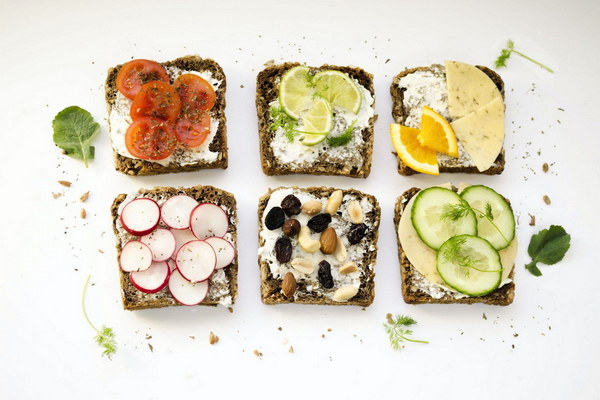Elevating Blood Sugar Levels Natural Remedies and Lifestyle Adjustments for a Balanced Life
Introduction:
Low blood sugar, also known as hypoglycemia, can be a challenging condition to manage, as it often leads to symptoms such as dizziness, confusion, and fatigue. However, there are several natural remedies and lifestyle adjustments that can help regulate blood sugar levels and improve overall well-being. In this article, we will explore various methods to tackle low blood sugar and achieve a balanced life.
1. Balanced Diet:
A well-balanced diet is crucial in managing low blood sugar levels. Here are some tips to incorporate into your meal plan:
a. Eat small, frequent meals: Consuming small, balanced meals throughout the day can help maintain stable blood sugar levels. Aim for meals every 3-4 hours.
b. Incorporate complex carbohydrates: Complex carbohydrates, such as whole grains, legumes, and vegetables, provide a steady release of glucose into the bloodstream, preventing rapid spikes in blood sugar levels.
c. Include lean protein: Lean protein sources, such as chicken, turkey, fish, tofu, and legumes, help slow down the digestion process and stabilize blood sugar levels.
d. Healthy fats: Incorporate healthy fats, such as nuts, seeds, avocados, and olive oil, into your diet. These fats help regulate blood sugar levels and promote satiety.
2. Regular Exercise:

Regular physical activity can help improve insulin sensitivity and regulate blood sugar levels. Aim for at least 150 minutes of moderate-intensity exercise per week, such as brisk walking, cycling, or swimming.
3. Stay Hydrated:
Dehydration can exacerbate the symptoms of low blood sugar. Ensure you drink plenty of water throughout the day, especially before, during, and after exercise.
4. Manage Stress:
Stress can lead to the release of stress hormones, such as cortisol, which can further disrupt blood sugar levels. Practice stress-reducing techniques, such as deep breathing, meditation, yoga, or mindfulness, to maintain stable blood sugar levels.
5. Avoid Sugar and Highly Processed Foods:
High sugar and highly processed foods can cause rapid spikes in blood sugar levels, leading to low blood sugar episodes. Minimize your intake of sugary snacks, sodas, and other processed foods.
6. Monitor Blood Sugar Levels:
Regularly monitoring your blood sugar levels can help you identify patterns and adjust your diet and lifestyle accordingly. Use a glucose meter to track your blood sugar levels and consult with a healthcare professional for personalized advice.
7. Consult a Healthcare Professional:
If you have low blood sugar, it's essential to consult with a healthcare professional, such as a doctor or dietitian. They can provide you with tailored recommendations based on your specific health needs.
Conclusion:
Low blood sugar can be a challenging condition to manage, but with the right approach, it's possible to achieve stable blood sugar levels and improve your overall well-being. By incorporating a balanced diet, regular exercise, stress management, and monitoring your blood sugar levels, you can take control of your health and lead a balanced life. Remember to consult with a healthcare professional for personalized advice and support.









